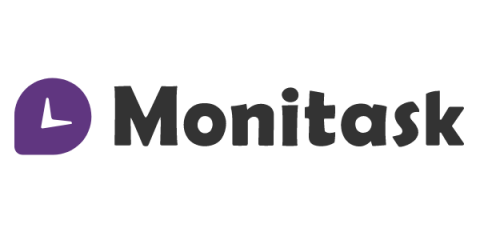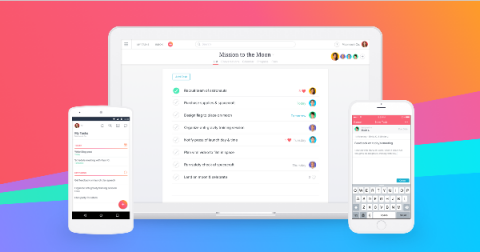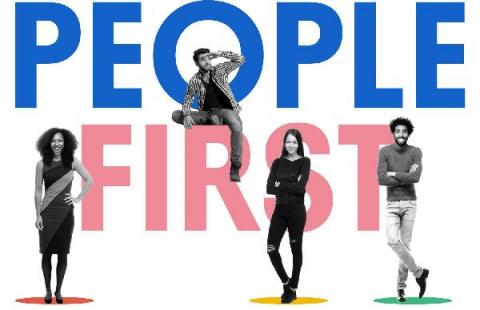Teams | Collaboration | Customer Service | Project Management
June 2021
The best strategies for maintaining good and strong relations with remote developers
A successful team of developers calls for unity and efficient communication to deliver better work outcomes. Be it remote or in-house; a strong relationship is imperative to maintain a good organization.
Unlock data to improve team efficiency with Universal Reporting
In today’s world of big data, we have incredible amounts of information. How many people saw a particular ad and how many proceeded to click? Which campaigns brought in the most pipeline and what percentage of those deals closed? Through data, we can find the answers to all of these questions. Yet, with all the dashboards, spreadsheets, and analysts we have at our fingertips, one question is difficult to answer: How well is your team working towards achieving their goals?
How to manage a team of remote software developers
When you work with a term of remote software developers, there are many common challenges that managers face. One of the biggest hardships for them is to change their mindset. They need to accept that developers will not be in his/her plain sight. This all-new work paradigm demands businesses to come up with new, effective mechanisms. They need meticulously crafted strategies to track the progress of remote workers and eliminate unnecessary workload.
6 creative ways to boost team morale without sounding fake
Successful companies are more than just productivity and revenue hubs. These places institutionalize making their workers feel engaged, so they trust and believe in the overall direction of the company. All of this positivity might make it seem like great organizations don’t need to boost team morale—but that’s simply untrue. Keeping employees engaged and satisfied is still a huge challenge, no matter how successful the business might be.
If you think "water cooler moments" unlock creativity, you're focusing on the wrong thing
Step-by-step guide to better cross-team collaboration
If you’re trying to complete a major project on your own, good luck. Nowadays, projects need every team in on the action. We know that siloed work doesn’t cut it. And without cross-team collaboration, what are you really doing to get projects done faster and more efficiently? Well, you’re probably not. We’re not trying to be harsh. In fact, a lot of workers take on the brunt load of a job to avoid putting pressure on other employees.
How organisations can succeed with a people-first approach
The past decade has seen a seismic shift in how employees view work. They expect it to fit in with their lifestyles, ambitions, values, skills, and individual personalities. The reality is that a positive workplace culture leads to high performance both individually and organisation wide. Businesses have evolved to create a culture change in the workplace by putting people first.











